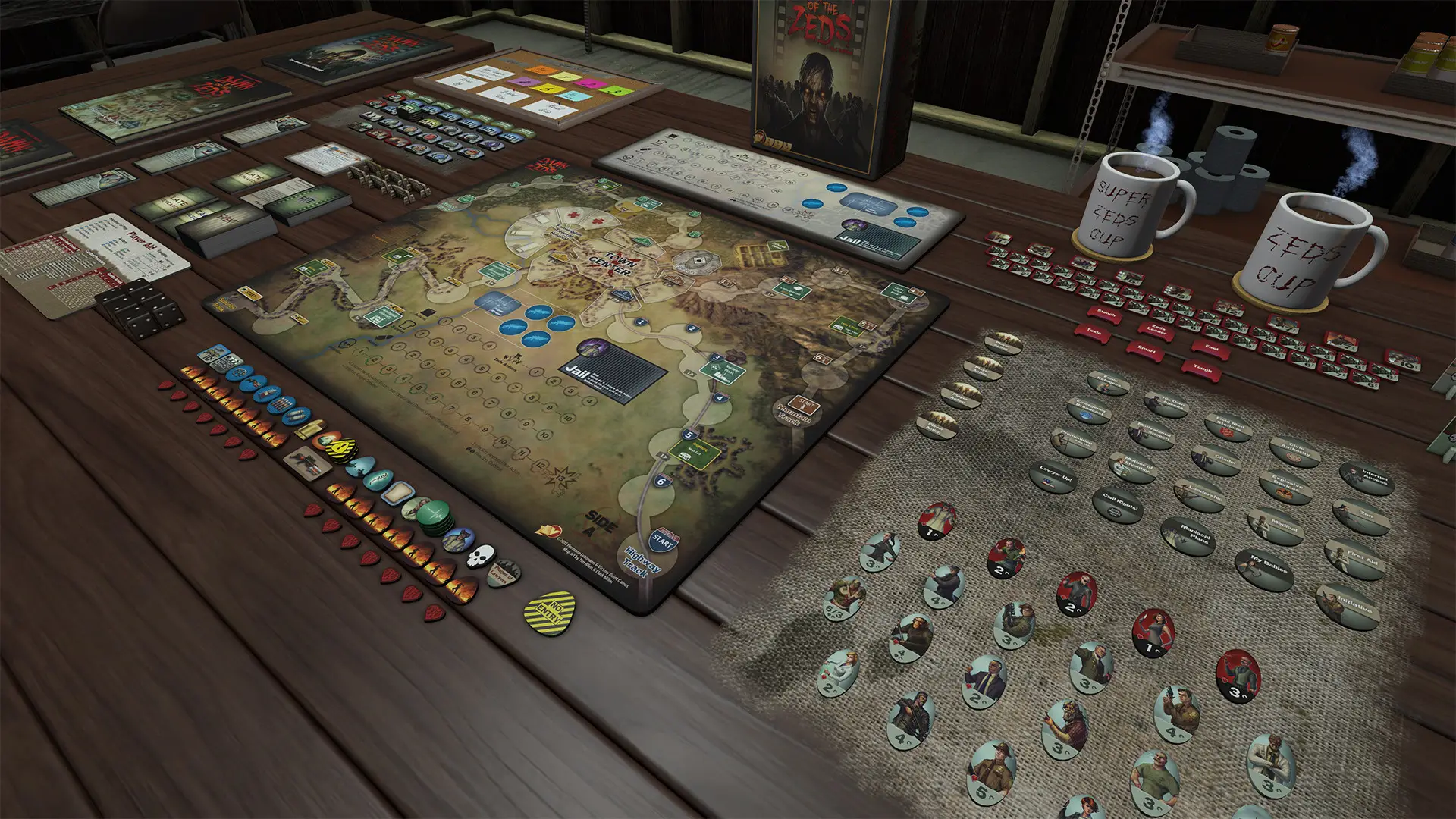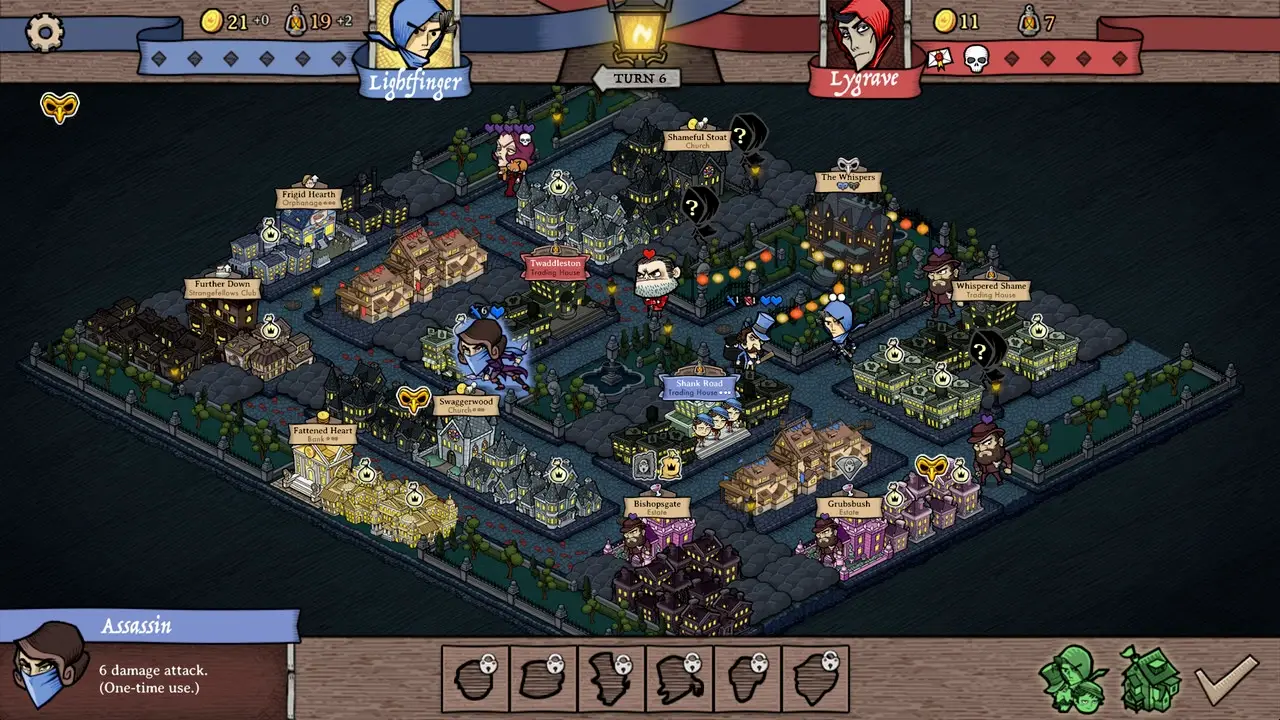Gaming PC in 2025 is not just a piece of equipment, but a tool for precise customization to the style and tasks of a specific gamer. The technological leap of recent years has taken the components market to a fundamentally different level: graphics cores have received AI computing blocks, SSDs with PCIe 5.0 interface provide instant loading, and power supplies have learned to automatically adjust efficiency under load. How to build a gaming PC: it is necessary to consider not only power, but also architectural balance, compatibility of standards, and upgrade prospects. The key task is to create a configuration capable not only of handling games, but also of unlocking their technical potential.
CPU: priority on cores and frequency
Modern engines actively use multithreading. In 2025, the minimum benchmark for building a gaming PC is a six-core processor with support for 12 threads. The optimal solution is Intel Core i5-14600KF (6 P-cores and 8 E-cores) or AMD Ryzen 7 7700X (8 cores, 16 threads) with frequencies starting from 4.5 GHz. Games like Starfield, Cyberpunk 2077 (Ray Tracing Overdrive), and The Last of Us Part I require high performance not only from the GPU, but also from the CPU.

Latest generation chips support AVX-512 and X3D caching, which increases frame smoothness in dense scenes. When assembling, it is important to eliminate bottlenecks at the computation level: the processor must guarantee minimal delays, especially in online projects with real-time physics.
Graphics Card: visual foundation of power
The graphics subsystem determines the monitor capabilities, frame rate, and visual quality. Leading positions in the market in 2025 are held by NVIDIA GeForce RTX 5090 (24 GB GDDR7) and AMD Radeon RX 8900XT (20 GB GDDR6). These models ensure stable operation in 4K resolution with ray tracing at maximum presets.
How to build a gaming PC capable of unleashing graphics without compromises: it is necessary to consider the bus type (PCIe 5.0), heat dissipation (from 400 W and above), and support for hardware DLSS 4.0 or FSR 3.1. For example, the RTX 5080 with the GB203 chip demonstrates 120 FPS in 4K on Alan Wake 2 at maximum detail. When choosing, it is worth considering the number of fans for cooling, the presence of a backplate, and ports for HDMI 2.1 or DisplayPort 2.0 displays.
How to build a gaming PC in 2025: foundation of stability
The approach to choosing a motherboard is changing. A modern gaming motherboard must support DDR5 (frequencies from 6000 MHz), UEFI firmware with dynamic overclocking, VRM sections with cooling, and built-in Wi-Fi 7. For Intel, boards on Z790 Refresh or B760 Plus chipsets are suitable, for AMD – X670E with support for PCIe 5.0 and NVMe RAID.
How to build a gaming PC without missing compatibility is an important stage. The board should take into account the case size (ATX or micro-ATX), the presence of reinforced slots for the GPU, a powerful audio chip (ALC4082 or higher), and additional protection against overheating.
RAM: overclocking and timings
Modern games use over 12 GB of RAM at maximum settings. Therefore, the basic configuration is 32 GB DDR5 with a frequency of 6000 MHz, with minimum timings of CL32. Modules like G.Skill Trident Z5 RGB or Corsair Vengeance DDR5 combine stability with the ability to overclock up to 7200 MHz on Z-series chipsets.
A gaming PC without fast memory response will not provide stability in streaming or multitasking. Dual-channel support and the presence of temperature sensors for monitoring are also important. Programs like MSI Center or ASUS AI Suite help track stability in real-time mode.
Storage System: loading speed and reliability
How to build a gaming PC in 2025: abandon SATA SSD. The minimum is an NVMe Gen4 SSD of 1 TB, such as Samsung 990 Pro or WD Black SN850X. Maximum comfort will be provided by the Corsair MP700 Pro drive (2 TB, PCIe 5.0, 12,400 MB/s).
Advantages of a high-speed storage:
- Game loading in 5-7 seconds.
- Support for DirectStorage 2.1 (instant texture loading).
- Reliability at the level of 1.6 million hours MTBF.
Many games automatically cache textures to disk, so stable and fast memory is not a luxury, but a necessity.
How to build a gaming PC in 2025: temperature control
With the increase in TDP of components (processors – up to 170 W, video cards – up to 450 W), the importance of cooling increases. A gaming PC requires an efficient CPU cooler or AIO (liquid cooling). Optimal solutions are NZXT Kraken Elite 360 or Lian Li Galahad II. These models provide temperatures up to 65°C at full load.
When installing, it is important to consider:
- Compatibility with the socket (LGA1700, AM5).
- Radiator height and fitting it into the case.
- Presence of liquid metal or carbon-based thermal paste.
Temperature control increases FPS stability and reduces the risk of component degradation.
Case and Power Supply: architecture and safety
The case should provide ventilation, cable management, and expansion. Popular options include Fractal North, Lian Li Lancool 216 RGB, NZXT H7 Flow. These models support up to 3 video cards, a 360 mm AIO, 6 fans, and convenient access to cables.
How to build a gaming PC safely – the task of the power supply unit. For modern configurations, a PSU from 850 to 1200 W is used, with an 80+ Gold or Platinum certificate, modular cabling, and Japanese capacitors. Optimal models: Seasonic Vertex GX-1000, Corsair RMx Shift, or Be Quiet! Dark Power 13.
Step-by-step component selection (for 4K gaming in 2025)
Selection criteria for components, how to build a gaming PC in 2025:

- Processor – Intel i7-14700KF or AMD Ryzen 7 7800X3D.
- Graphics card – NVIDIA RTX 5090 24GB or Radeon RX 8900XT.
- RAM – 32 GB DDR5 6400 MHz.
- Motherboard – ASUS ROG Strix Z790-E or MSI MEG X670E ACE.
- SSD – 2 TB NVMe Gen5 Corsair MP700.
- Cooling – AIO DeepCool LS720 or Noctua NH-D15 chromax.
- Case – Lian Li O11 Dynamic EVO XL.
- Power Supply – Seasonic Prime TX-1000, 80+ Titanium.
Configuration and testing: final stage
After assembling the gaming PC, it is necessary to conduct stress testing (AIDA64, Cinebench R25, 3DMark), update BIOS and drivers, calibrate RGB lighting, and manage cooling profiles through Armoury Crate, iCue, or OpenRGB. Proper configuration allows achieving low temperatures and stable FPS even in the most demanding games.
Conclusion
How to build a gaming PC in 2025 – approach the process systematically. Each component affects efficiency, stability, and immersion. A modern gaming PC is not just a machine, but a project that combines engineering precision, design, and technical flexibility. With a proper configuration, the system remains relevant for at least 5 years, supports upgrades, and is ready for any challenges of future generations of games.
 en
en  ru
ru  de
de  ar
ar  es
es  nl
nl  hi
hi  fr
fr  it
it  pt
pt  el
el 











